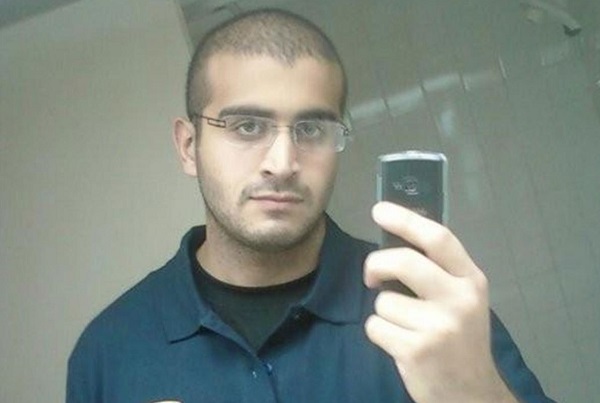
The pornographic violence carried out by Omar Mateen against innocent gay people enjoying a night out in Orlando’s Pulse nightclub has once more left us struggling for an explanation, a context through which we can process the unimaginable.
While it’s tempting at first to draw comparisons with the Bataclan attack, which felt so obviously an attack on “our way of life”, a massacre in a gay club is a different thing.
Much has been written in the past few years on “safe spaces”. Many see the very idea of a safe space as silly and infantilising. But for millions of LGBT people around the world, gay clubs are the first places where one can explore one’s identity without fear of immediate verbal or physical abuse, where one can feel, for a few hours, part of the majority. That’s a valuable thing. Perhaps, one could argue, in an ideal world, we wouldn’t have gay clubs, because everyone would be equally accepting of one another in public spaces, but that’s not the world we live in (there is also the more complex reason, which others are better equipped to argue than I, that desiring an end to gay clubs means, deep down, desiring an end to queer culture – an unspoken “why do these gay people have to be so gay?”).
This attack then, puts the lie to the idea that homophobes don’t mind what gay people get up to as long as they do it in private: this was an attack on that exact private, safe space, by someone who, for whatever reason, could not live with the existence of gay people.
It’s the “for whatever reason” that people are now debating. Mateen had apparently declared his allegiance to Islamic State before the attack, so the question appears to be “Which came first? The homophobia or the jihadism? And what was the real motivation?”
The answer, I would suggest, is both. Omar Mateen has a problem with gay people. Omar Mateen is, according to his ex-wife Sitora Yusifiy, a violent and disturbed man. Omar Mateen is from a Muslim background.
To put this in the historical moral context we all understand and continue to use: imagine a young German man in the 1920s. He has a predilection for violence. He dislikes and distrust Jews to a pathological level. A movement comes along that tells him that 1) young German men are the best people in the world, 2) Jews are the worst people in the world, if, in fact, they are human at all, and 3) violence is not just necessary: it is glorious.
He’s likely to be keen to pull on a brown shirt sooner rather than later.
There is nothing intrinsic in young Muslim men to draw them towards Islamic State, but Islamic State does direct its propaganda primarily at young Muslim men – a common feature of its propaganda, particularly that aimed at drawing young fighters to the territory the organisation controls in the Middle East – being the camaraderie and fun of the movement.
In pledging allegiance to Islamic State, Mateen was able to ascribe a cause to his prejudices and violence. For their part, Islamic State, though unlikely to have had any involvement in the planning for the attack, are happy to take credit. These apparent “lone wolf” attacks are useful for them in that they spread the horror without any risk of intelligence leaks. It seems unlikely Mateen ever contacted anyone in Raqqa. But Islamic State will claim his violence as their violence, and hope it spurs on others like him.
Omar Mateen was a disturbed young man. Omar Mateen was a violent homophobe. Omar Mateen was a jihadist terrorist. These are not exclusive categories.